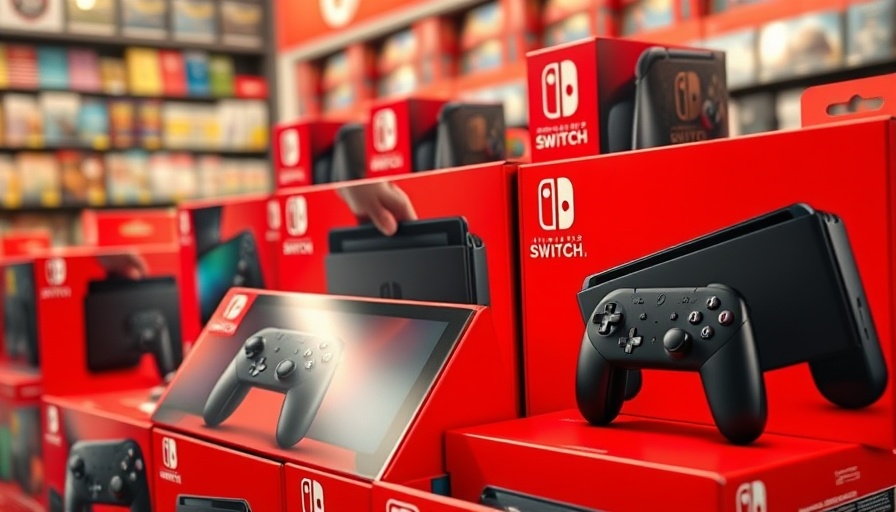
The Unexpected Ban: What Happened?
In a surprising twist of events, a player of Nintendo's newly released Switch 2 found themselves banned from the platform after playing games from the previous generation, the Switch 1. Yes, that's right; despite being a bona fide owner of the latest console, the player's account was flagged for suspicious activity, raising questions surrounding the policies and enforcement of video game companies. Luckily, after providing adequate proof of their innocence, the ban was lifted. This case has sent ripples through the gaming community, igniting discussions around the rights of gamers and the responsibilities of gaming corporations.
The Broader Context: Corporate Accountability
This incident isn’t isolated. The gaming industry is increasingly scrutinized for its stringent account policies. Gamers are often left guessing about what might lead to a ban. In recent years, companies like Sony and Microsoft have also faced backlash over similar issues where players felt unfairly treated. Such incidents highlight the need for transparency in how game companies enforce their policies and how they protect their customer base from wrongful punishments. As players invest significant time and money in gaming ecosystems, they deserve assurance that their experiences won't be disrupted by mishaps beyond their control.
Ripples in the Gaming Community: What It Means for Gamers
This event mirrors a growing sentiment among gamers that their voices need to be heard and considered in corporate policy-making. Fans are now banding together to advocate for clearer guidelines and appealing mechanisms in case of wrongful bans. Online forums across platforms bubbled with outrage and support, sparking conversations on gamertags and accounts being more than just digital identities—they represent a player's personal connection to their invested time and money.
The Human Element: Emotional Impact on Players
Imagine the feeling of logging into your favorite gaming account after a long day, only to discover that you’ve been locked out for reasons beyond your understanding. For many, gaming serves as a therapeutic escape. The emotional impact can be profound, leading to frustration and disappointment. Players do not just play games; they form communities, friendships, and emotional ties within those virtual realms. The fear of losing access over bureaucratic blunders is now part of the gaming experience, and it shouldn't be. Through awareness, players can advocate for the respect and consideration they deserve.
A Call to Action: Empowering Gamers
As more players express concern over their rights, it’s vital that the gaming community steps up to make these feelings known. Activating discussions with developers, using social media platforms to share experiences, and collaborating on petitions for policy changes are immediate actions that can empower gamers. Organizations and advocacy groups can also play pivotal roles in shaping better practices within the industry. After all, it is the gamers' passion and loyalty that sustains the billion-dollar industry. By standing together, they can lead to positive change.
This incident serves as a critical reminder to both gamers and corporations of the importance of fair treatment and accountability. Don't let your voice go unheard—join the conversation and advocate for fair gaming policies.
 Add Row
Add Row  Add
Add 




Write A Comment